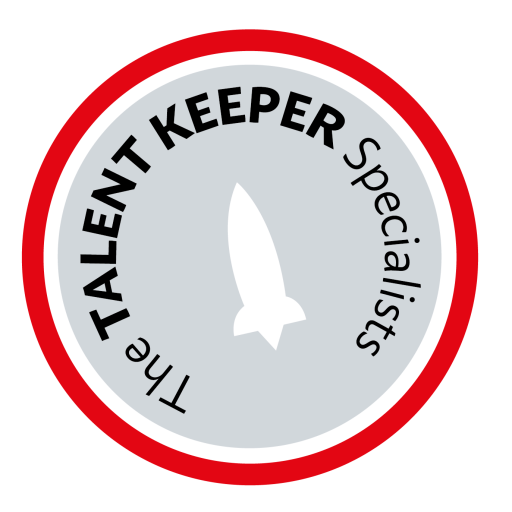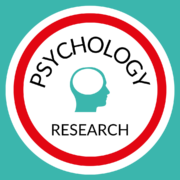Comeback Coaching Research
This research request has been e-mailed to past coachees who meet certain criteria. Please only REGISTER HERE if you have received an e-mail inviting you to be part of this research.
Summary of Research
Qualitative research methods will be employed to follow-up with, and understand the experiences of, women who had ‘comeback coaching’* to support their return to work after maternity leave. Specifically, the research will explore:
- What endured from the coaching experience at the follow-up point (6-24 months post cessation of coaching programme).
- If there are things not explored in the coaching at the time which in hindsight would have been useful to them.
The study will explore the experiences of 10-20 women who were coached by one of the associate coaches in the author’s business (but not by the author herself) via semi-structured interviews. Thematic analysis will be used to make sense of their experiences.
*Comeback coaching is a term first used by the author around 2012 to describe coaching with people returning to work after an extended period of leave. The author’s work at the time was primarily with women returning to their jobs after maternity leave. “Maternity coaching” is a term used in the executive coaching community and in the literature to describe coaching a woman during the time she is peri-natal (before and after birth) with specific reference to her work.
The author believes the term is open to misunderstanding because the word ‘maternity’ is more closely linked to the act of giving birth and physical changes in a woman’s body during matrescence, than to a woman’s work whilst she is pregnant, and therefore it could be assumed that the coaching is about supporting women through these things.
The author developed the term comeback coaching to both better represent the focus of this type of coaching and in acknowledgement that this type of coaching is applicable to employees returning to work after other types of (planned and unplanned) periods of extended leave, such as sickness absence, adoption leave, shared parental leave and carers leave.
The author describes comeback coaching to potential coachees and the HR professionals as “A collaborative solution-focused, results-orientated and systematic process in which the coach facilitates the enhancement of work performance, life experience, self-directed learning and personal growth of the coachee during the time of preparing for and/or coming back from a period of leave from work.” This is adapted from the Association for Coaching’s definition of personal coaching: “A collaborative solution-focused, results-orientated and systematic process in which the coach facilitates the enhancement of work performance, life experience, self-directed learning and personal growth of the coachee.”
The author is the founder of a business which has a mixed team of executive coaches and coaching psychologists. Because not all of the coaching team are coaching psychologists we use the AC definition with coachees and clients (the HR professionals/business leaders who contract their services) rather than the BPS DoCP definition of coaching psychology.
Interview Questions
Participants will be asked to share their reflections on comeback coaching in a semi-structured interview with the author. Questions will be sent to participants ahead of the interviews. Sample questions:
- Thinking back to the coaching time you had with [name of coach], what were the main effects of the coaching?
- Thinking back to the coaching time you had with [name of coach], what effects have stayed with you over time? OR what learnings have stayed with you over time? OR what effects have sustained over time?
- Thinking specifically about your wellbeing, what effects on your wellbeing, if any, did coaching have?
- BUILD Q: To what extent have those effects sustained over time?
- Thinking back to your coaching experience with [name of coach] is there anything you wish you had discussed or worked on with [name of coach] that you didn’t or didn’t do, to the extent that you think, with hindsight, would have been useful?
- What could you and [name of coach] have talked about back then – that you didn’t talk about or didn’t talk about to the extent that with hindsight it could have been useful to – that would have prepared for what is going on in your career right now?
- Trying to put yourself back into that moment, if your coach had brought that to your attention, do you think it’s something you could have meaningfully or usefully talked about that then?
- What changes to the coaching programme, if any, could have made it more beneficial to you?
- What positive effects, if any, do you think you having that coaching had on your colleagues at [name of organisation] or the wider organisation?
- Is there anything else you would like to say about your experience of comeback coaching?




Leave a Reply
Want to join the discussion?Feel free to contribute!